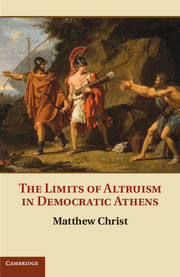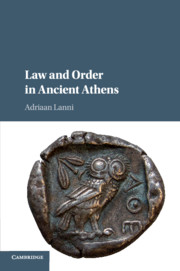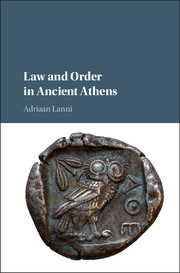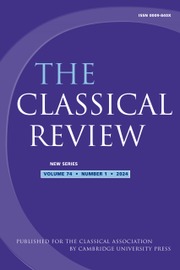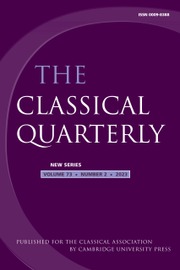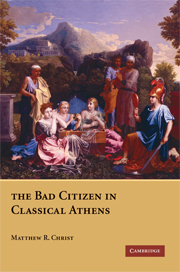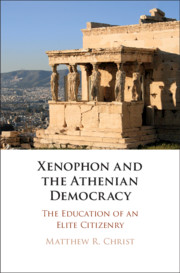The Limits of Altruism in Democratic Athens
Athenians in the classical period (508–322 BC) were drawn to an image of themselves as a compassionate and generous people who rushed to the aid of others in distress, both at home and abroad. What relation does this image bear to actual Athenian behavior? This book argues that Athenians felt little pressure as individuals to help fellow citizens whom they did not know. Democratic ideology called on citizens to refrain from harming one another rather than to engage in mutual support, and emphasized the importance of the helping relationship between citizen and city rather than among individual citizens. If the obligation of Athenians to help fellow citizens was fairly tenuous, all the more so was their responsibility to intervene to assist the peoples of other states; a distinct pragmatism prevailed in the city's decisions concerning intervention abroad.
- Uniquely examines private social bonds in the context of civic bonds and explores what this meant for ancient Athenian democracy
- Provides a strong contribution to the growing body of scholarship on ancient Athenian emotions, values, behaviors, and other facets of daily life
- Uses source evidence to present an original portrait of the ancient Athenians
Reviews & endorsements
"A fine bibliography and excellent indexes augment this well-produced effort. Summing up: highly recommended."
Choice
Product details
October 2012Adobe eBook Reader
9781139786874
0 pages
0kg
This ISBN is for an eBook version which is distributed on our behalf by a third party.
Table of Contents
- Introduction: the philanthropic Athenian?
- 1. Helping behavior in classical Athens
- 2. Helping and democratic citizenship
- 3. Helping and community in the Athenian law courts
- 4. 'Helping others' in Athenian interstate relations
- Conclusion: helping and the Athenian experience.

